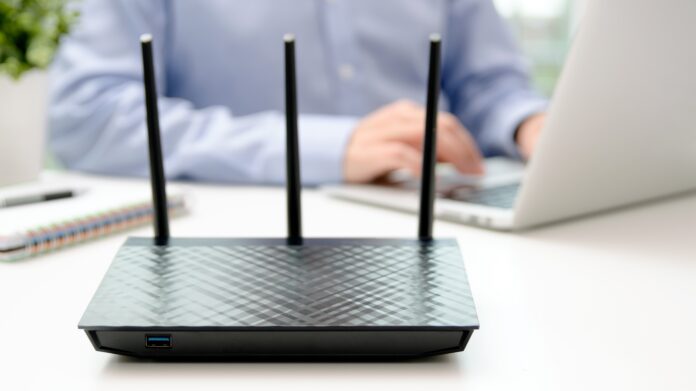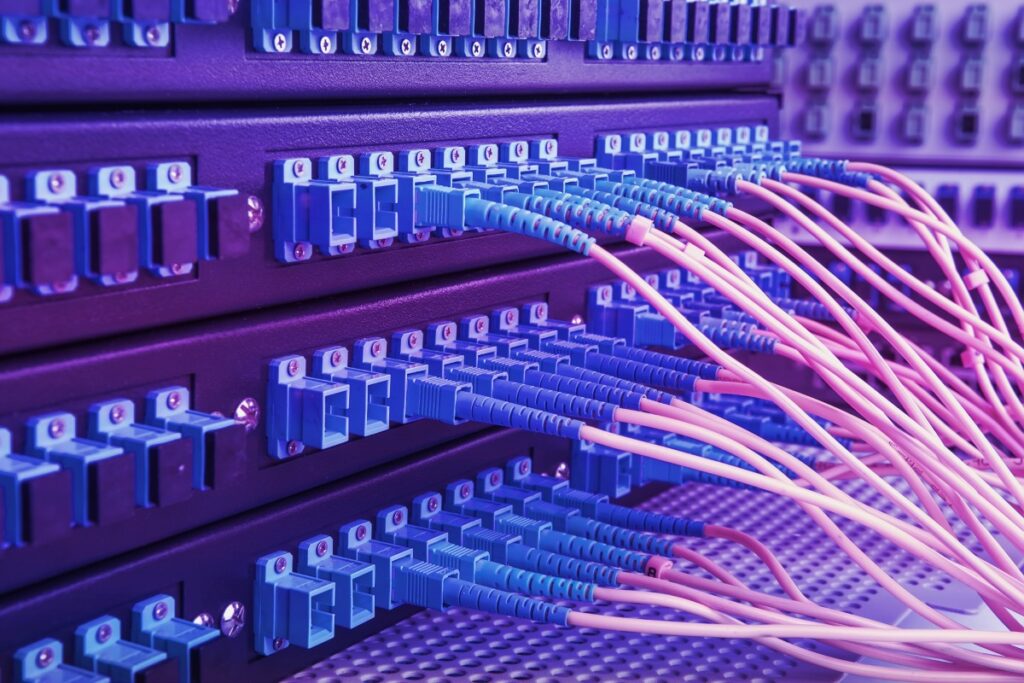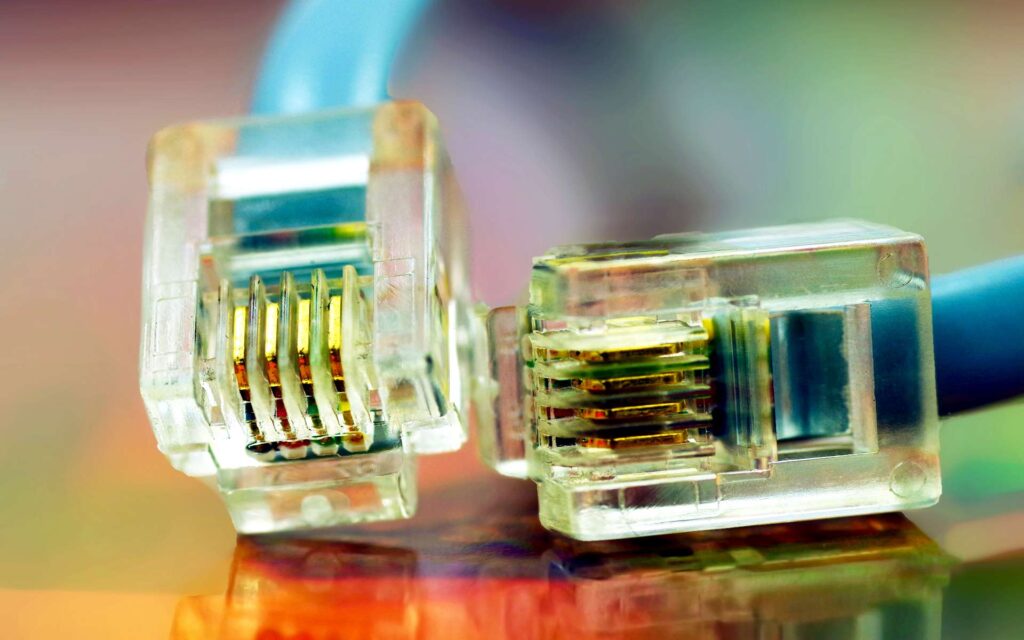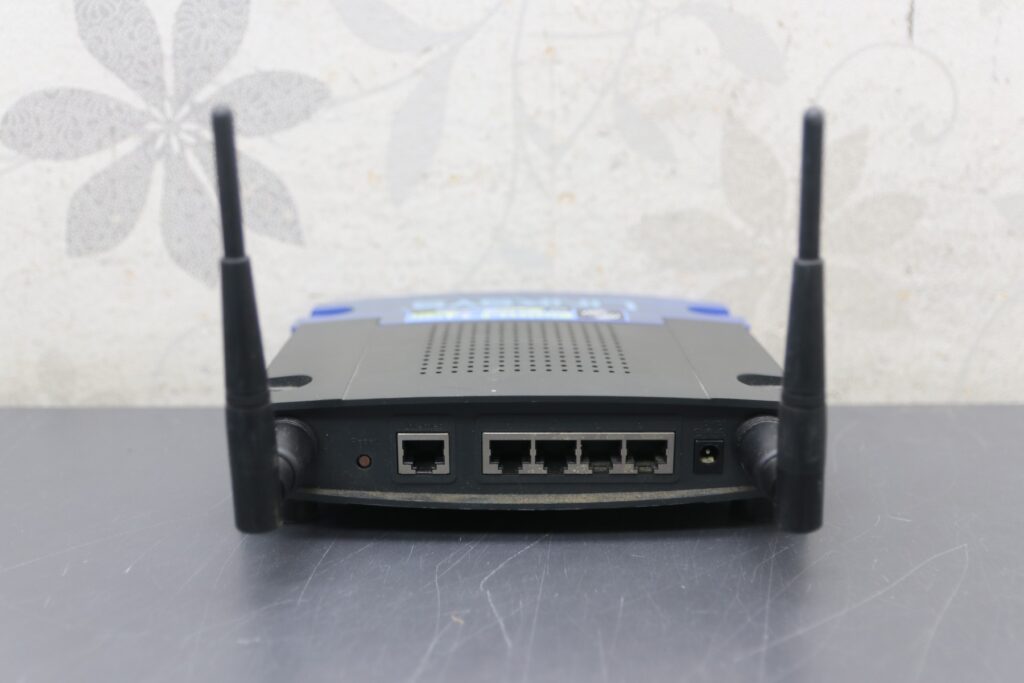
With almost everybody stuck indoors for most of their day, the internet seems to be a good place to pass the time, release tension, and get things done. From checking out the news, making reels on social media to interacting with teammates on a work project, the internet has become an even more significant part of our everyday lives.
As of February 2024, the Office for National Statistics reported that about 96% of British households had Internet access, going up 3% from 2019. The remaining 4% of non-Internet users decide not to go online, citing examples as not needing it or expressing concerns over privacy and security issues.
Perhaps you are not part of the remaining 4%. Maybe you’ve been on alternative online services (using your mobile device as a WiFi hotspot, dial-up, and USB cellular modems) and are thinking of getting on any broadband service. Whatever your reasons are for finally using broadband services, there are a few basics you need to know.
Broadband is arguably the most popular type of household internet connection; therefore, you must learn more about it. That would help you make the best decision when choosing the right service provider, deals, and packages for the correct value.
What Is Broadband?

At its most basic definition, broadband is a high-speed Internet service that makes it easy for people to use the Internet as efficiently as possible. It is faster than other traditional forms of Internet access. You can access broadband either through cables, satellites, fibre optics, or mobile.
Setting up a broadband connection will give you access to everything you are searching for on the Internet. You can browse, send emails, stream videos, listen to music, keep up with friends on social media, and much more.
All you will need for a broadband Internet connection is a device which has features enabling it to go online. It could be your computers, tellies, smartphones, and video game consoles. Technology has even made it possible for you to use the Internet from your kitchen appliances such as a refrigerator!
How To Get Broadband Internet?
Once you’ve decided to get broadband, the first thing you have to do is find out what packages Internet Service Providers (ISPs) are offering as well as the type of broadband available in your home’s area. For example, some neighbourhoods and towns have had fibre optic cables laid for them, whereas others still might rely on other connection means.
If you later know what packages providers are selling, you can compare prices and deals at broadbandchoices.co.uk to help you make the best choice. Some of these providers also conduct background checks like assessing your credit rating, especially when going for a contract payment option. However, not all do so, and others offer pay-as-you-go payment methods.
Upon making your decision and payment, your service provider will make arrangements to have your internet-enabled. They will provide you with a router and other necessary tools to help you get started. The router is used to power up your broadband, and once the connection has been made, you can start browsing.
How Fast Is The Broadband Internet?

The speed of broadband significantly depends on the type of service provider you choose. Broadband speeds are measured in megabits per second (Mbps), and they show how quickly data is transformed back and forth from your broadband. In the UK, the average household can access the Internet of at least 2Mbps, but it can go up to 24Mbps.
What Should I Look For When Comparing ISPs?
There are many broadband packages and deals out there from numerous service providers. And this can sometimes make your search daunting. To keep you from getting overwhelmed, here are five main points to focus your search on:
1. Price

Usually, you may be required to pay upfront or installation fees when you first sign up with an ISP. However, many services do not charge any such fees. You will then have to pay fixed charges every month if you want to continue using the service.
Be on the lookout for deals from your service providers. Sometimes, they might offer promotions or waive specific fees, especially during holiday periods.
2. Data Limit
Many available broadband packages offer unlimited data supply. That means you can stream, download, and browse as much as you like without worrying about your data allowance. It’s a perfect choice for larger households. If that’s not your cup of tea, other service providers offer limited data allowance. That works best for people who want to avoid excessively using data and are looking to pay less.
3. Deals And Bundles

Deals and bundles can save you from spending a lot of money. Many broadband companies offer bundles that include telephone and TV cable deals in addition to broadband. There are bundles designed to provide only internet access, but consider getting the other bundles if you want better value for your money. Some of them allow you to get your favourite channels at much lower prices.
4. Speed
Most service providers use speed in their advertising to attract customers and boost sales. But the faster your rate, the more you are likely to pay for broadband internet.
The most common form of broadband connection is the Asymmetric Digital Subscriber Line (ADSL), which delivers internet through copper-wired phone lines. ADSL broadband connection has a speed rate of 10Mbps. That’s relatively slow but not surprising considering Britain is ranked 47th globally when it comes to broadband speed. Fibre optic connections offer more speed but are not fully available in all areas.
5. Extra Items

Sometimes ISPs will give you free routers or free trial antivirus software, as well as other gifts like vouchers and discounts.
The broadband Internet market is saturated. The advantage of this saturation is that there are many packages available to every individual or household, whether they are high, medium, or low internet users. The best thing you can do is research and compare your findings to get the best deal.














